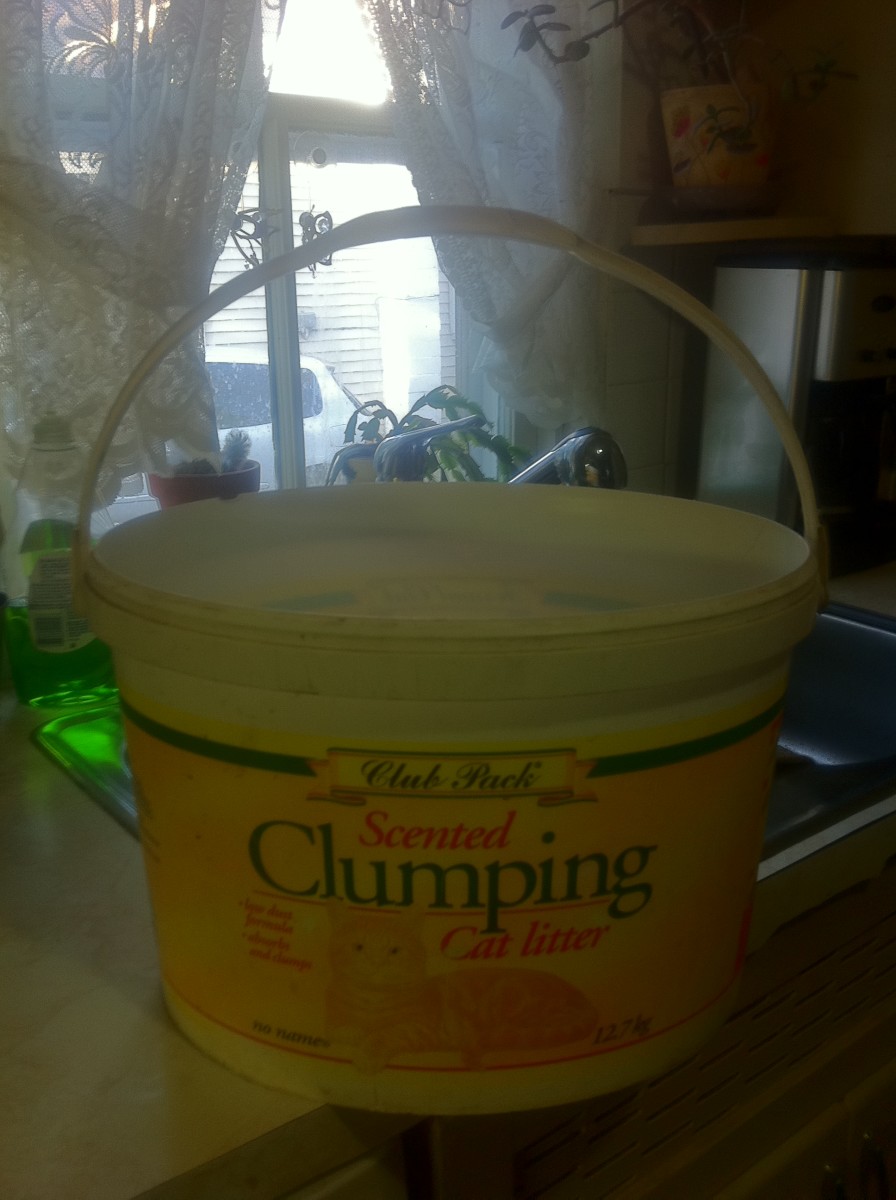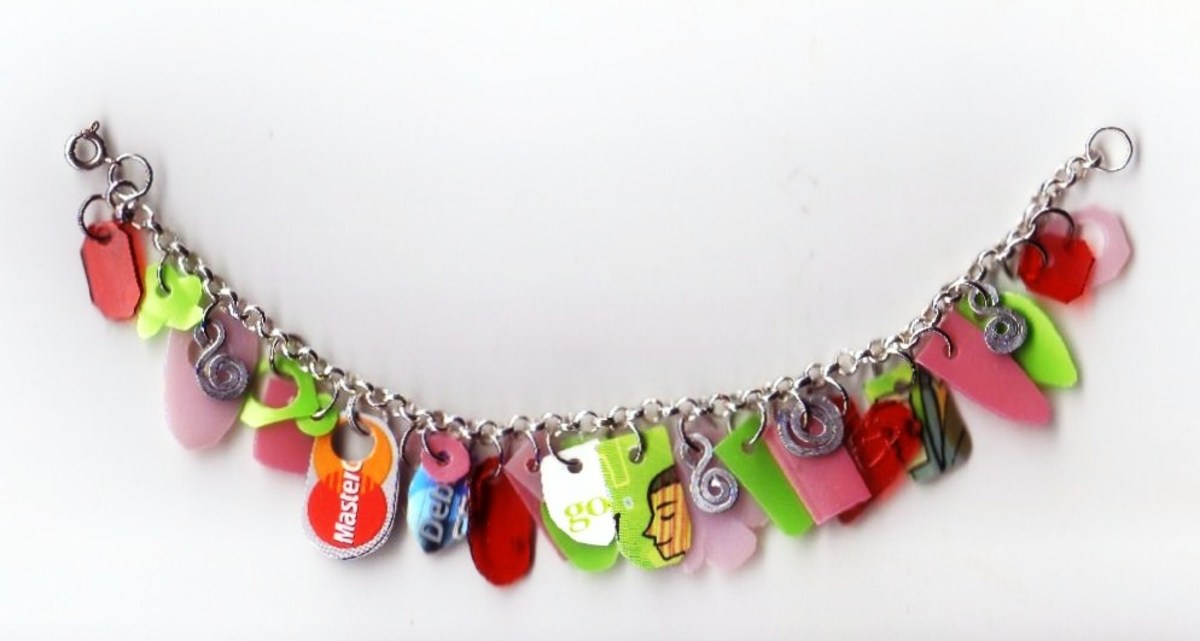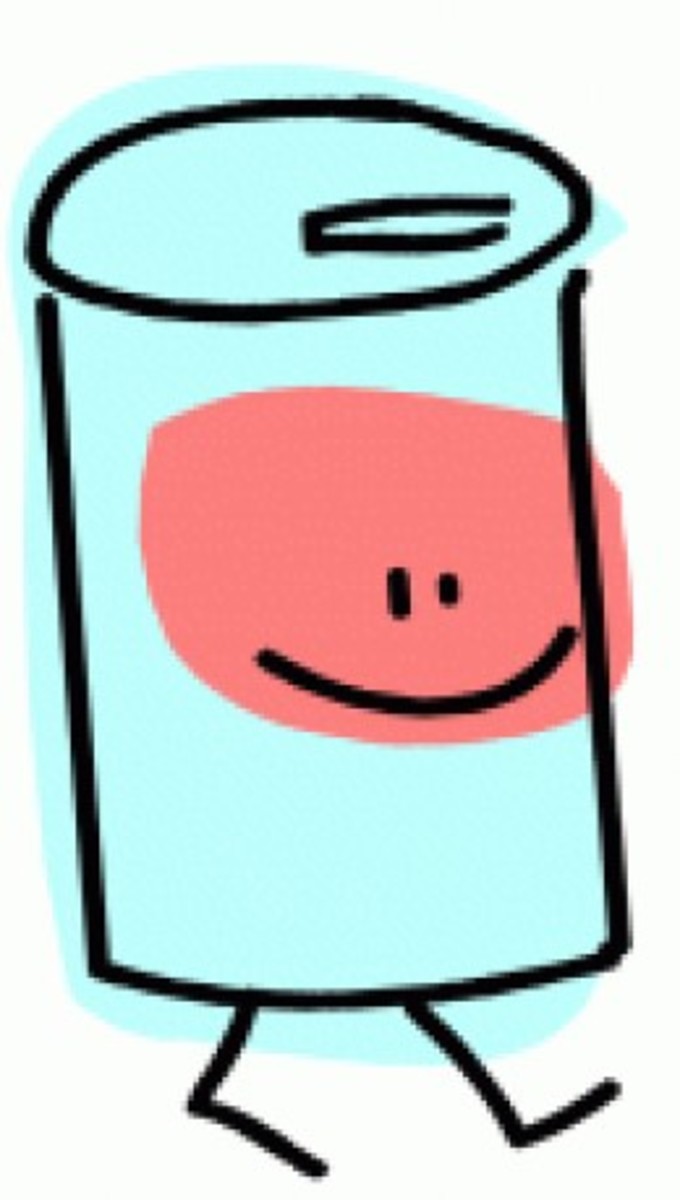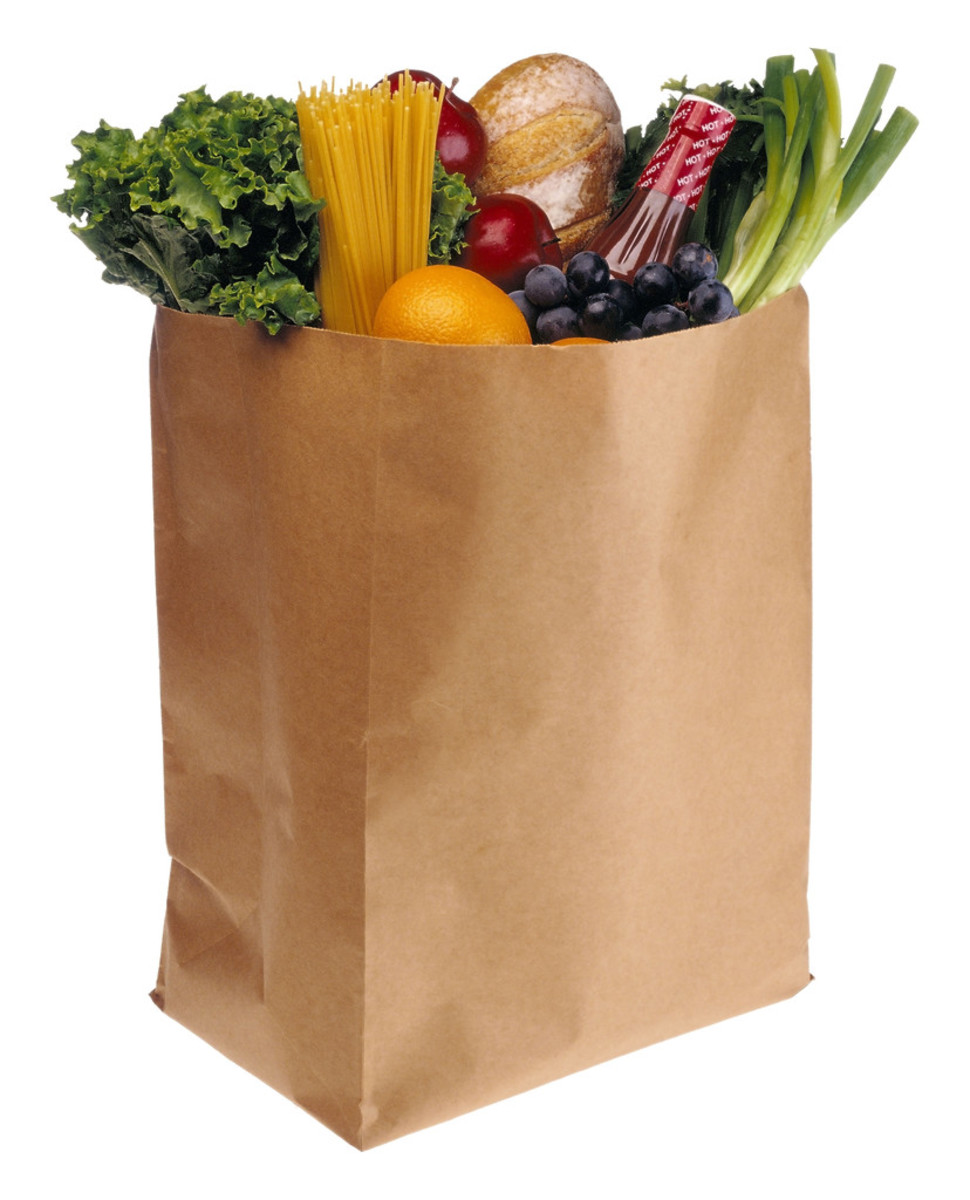The Importance of Re-Purposing
Burn it or Bury It
The term re-purposing has recently entered the popular lexicon along with the term upcycle. Both these two words connote important new ideas about recycling. Imagine the world suddenly stopped producing new consumer items tomorrow. How would we survive? The answer is by re-purposing and upcycling.
There can be no doubt that the world’s natural resources are being placed under greater and greater strain by growth in human population and its demands for food, water and other consumer items. Oil, water, wood are all natural resources that we use with profligacy. So much of what we buy has planned obsolescence. And when we are finished with a product we throw it away either to later burn it or to bury it.
Upcycling and Downcycling
Recycling was the first step in changing this draining paradigm. The
first large scale recycling projects were mostly downcycling. This is
when the waste products such as aluminum cans, newspapers and plastic
bottles are gathered in large volumes and then crushed, melted or
otherwise processed to produce a basic, raw material such as aluminum or
paper pulp that can be used to make other goods. Downcycling only works
with large volumes (almost encouraging consumption) and needs heavy
investment in terms of machinery, transport, equipment etc. Some
downcycled products such as plastics make a commercial loss and need to
be subsidized.
Downcycling is part of the same mindset as the problem it seeks to
address: it is a carbon costly enterprise that deals in large volumes
and mechanized processes.
Upcycling is very different in nature. Upcycling is all about being
imaginative, using human skills and escaping the mechanized and
robotized conveyor belt. Upcycled goods are unique rather than uniform
and need people not machines.
Examples of upcycled products are sandals made from truck tires, models
made from coke cans, hats made from reclaimed knits, laptop cases made
from old wetsuits. These are all products that have added value to the
materials they were made from. That is why it is upcycling – it is
making something more valuable.
As you can see upcycling and re-purposing are very similar. To find a
new purpose for a discarded item is to upcycle if that purpose has a
viable commercial value.
We can re-purpose our own waste directly or we can buy upcycled
products. Amazon now stocks a few upcycled goods and also sells books
with upcycling projects described. The internet is also a great resource
for ideas about re-purposing and upcycling.
Imagination for the Future
In the future companies will make products that are upcycle friendly –
in other words, they will be designed to be taken apart and reused.
Likewise, if we must use plastic then plastics should be made durable
and amenable to alteration and re-purposing. Otherwise, we should only
be making biodegradable plastic. These are the only viable solutions to
the plastic pollution that is clogging up rivers, seas and piling up in
landfill sites everywhere because the downcycling of plastic involves so
much carbon expenditure it is largely defeating its own purpose.
Finally, local communities will follow the Dutch example and put out all
their interesting rubbish – furniture, clothes, books etc. – and people
with certain re-purposing and upcycling skills will be able to find
materials free of charge. This means their products can be competitively
priced and tax payers’ money needn’t be spent on trucks to collect and
dispose of the rubbish.
People will learn skills and develop an instinct for re-imagining
products. If the world stopped making consumer goods tomorrow, the world
would not end. We would still be able to get clothes, furniture, toys,
bags, shoes, ornaments and electrical devices only they would all be
unique and made from already existing products. There might be an
initial period of confusion and shortage, but eventually the world would
be made a place of little litter and much less pollution. And also
without the lure of consumer items to buy, people might re-assess their
former infatuation with ‘money’ and ‘career’. Or maybe I imagine too
far.
A Few Good Green Hubs
- The Dream of the Sustainable House
Can we build sustainable houses? - Notes on Sustainable Design
If you imagine a sustainable forest you will understand the notion of sustainability better. In a forest that is sustainably managed trees are selectively cut down at a rate that does not negatively impact on the health or area of the forest. - VOCs in the Home
Did you imagine that your perfume or dry cleaned clothes were making you sick? - Water Supply Crisis
1.3 billion people have no access to clean water and 2.5 billion lack adequate sewage or sanitation. The demand for water doubles every 20 years. - The Cultural Significance of Trees
Trees endure for not decades but centuries and sometimes millennia. The pine called Prometheus in Nevada has endured for 5,000 years. Sarv-e-Abarkooh in Iran has stood for 4,000 years. Empires come and go and the trees remain silent witnesses. - Bamboo is one of the Answers
Climate change, population explosion, resource depletion, deforestation and pollution are all undeniably real and seem every year more and more like the riders of the apocalypse, signaling the end. - Green Gift Ideas
Whether you do your Christmas shopping early or leave it to the last moment it is often not easy to find a great present for a friend or family member. It seems there is so much choice and yet nothing really stands out. Go green and make a difference - Earthmate Compact Fluorescent Light Bulbs
Earthmate CFLs last 13 times longer than an equivalent incandescent light bulb. Not only this, but Earthmate CFLs use 75% less energy than standard incandescent light bulbs - Planned Obsolescence
For many years big business corporations have tried unsuccessfully to keep secret a policy they have to build in a lifespan into their products. Until recently companies did not see that it was in their benefit to make things that last. - What is Green Interior Design
Green interior design is about what is good and what is bad for peoples health, for the environment and for saving energy. Of course fashion is a big part of green interior design BUT it is not the most important thing.








